Panis Angelicus (1872)
No. 5 from “Messe a trois voix”, Op. 12
César Franck (1822–1890)
Flute Solo with Organ or Piano
Panis Angelicus by César Franck arranged for Flute Solo with Organ or Piano. This work is known primarily as a stand-alone vocal piece for solo tenor voice, accompanied by organ and strings. It was also included by Franck within his Mass for Three Voices. However, Panis Angelicus was completed in 1872 – twelve years after the Mass – so its inclusion was somewhat after the fact. It is one of Franck’s most performed works. Although technically not a Christmas-related piece, Panis Angelicus is often performed during the holiday season. This short work, lasting no more than five minutes, has been recorded hundreds of times, and is still performed frequently the world over.
This arrangement of Panis Angelicus is for Flute Solo with Organ or Piano. It is in the key of B flat major, common time throughout at a moderately slow tempo. The melody often follows a scale-step pattern. Taking all that into account, for flute players, it is a relatively easy piece to learn. It is well suited for a holiday recital or church performance.
This piece is also available for the following instruments:
Alto Flute, English Horn, Clarinet or Bass Clarinet, Any Saxophone, Trumpet, and Trombone or Euphonium.
About the Composer
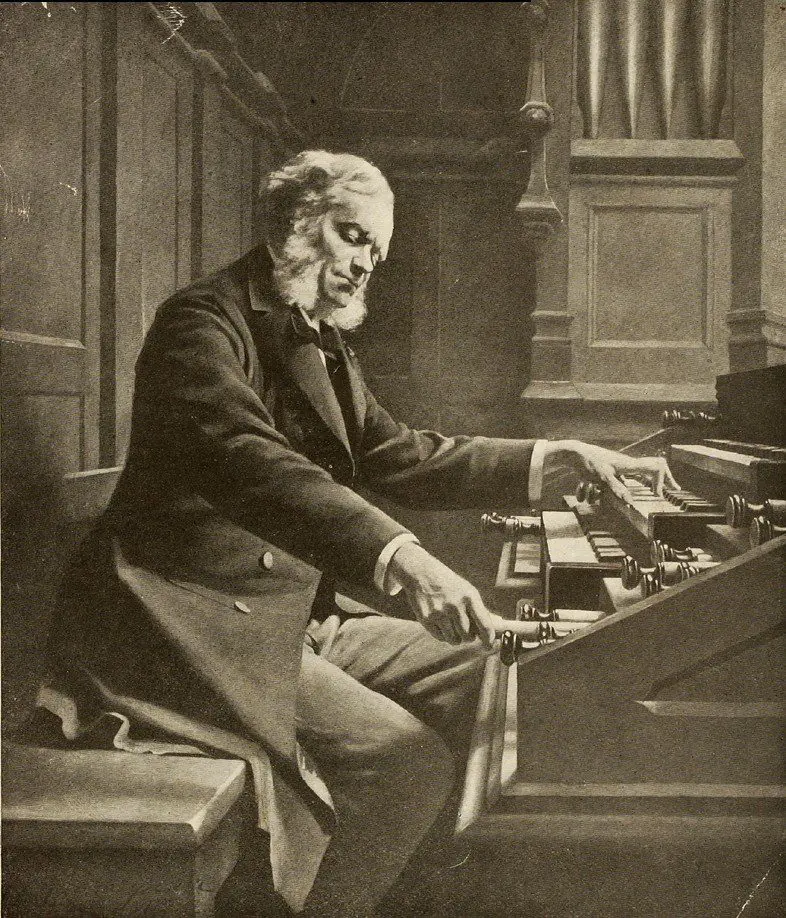 César-Auguste-Jean-Guillaume-Hubert Franck (10 December 1822 – 8 November 1890)
César-Auguste-Jean-Guillaume-Hubert Franck (10 December 1822 – 8 November 1890)
César Franck is an important composer from the latter half of the nineteenth century, particularly of symphonic, chamber, organ and piano music. His stage works were uniformly unsuccessful, though his choral compositions fared somewhat better. He was born in Liège (in the French region which in 1830 became part of a new state, Belgium). Later he led a group of young composers, among them d’Indy, Duparc, and Dukas, who found much to admire in his highly individual post-Romantic style, with its rich, innovative harmonies, sometimes terse melodies, and skilled contrapuntal writing. This group, sometimes known as “la bande à Franck,” steered French composition toward symphonic and chamber music, finally breaking the stranglehold of the more conservative opera over French music.
Franck was a keyboard player of extraordinary ability who had a short career as a touring piano virtuoso before moving to Paris and throwing himself into musical studies. In addition, he was an organist at several major churches during his career, and his skills on the organ accounted in great part for his compositional interest in that instrument; his organ compositions stand at the peak of the Romantic organ repertoire. Franck was a man of strong religious convictions throughout his life, which often motivated him to compose works based on biblical texts or on other church sources. For much of his life he was organist at the Paris churches of St.-Jean-St. François and then Ste.-Clothilde, and in 1872 he became a professor at the Paris Conservatoire. His pupils included Vincent d’Indy, Ernest Chausson, Louis Vierne, Charles Tournemire, Guillaume Lekeu and Henri Duparc. After acquiring the professorship Franck wrote several pieces that have entered the standard classical repertoire, including symphonic, chamber, and keyboard works.
His music is often contrapuntally complex, using a harmonic language that is typically late Romantic, showing a great deal of influence from Franz Liszt and Richard Wagner. In his compositions, Franck showed a talent and a penchant for frequent, graceful modulations of key. Often these modulatory sequences, achieved through a pivot chord or through inflection of a melodic phrase, arrive at harmonically remote keys. Indeed, Franck’s students report that his most frequent admonition was to always “modulate, modulate.” Franck’s modulatory style and his idiomatic method of inflecting melodic phrases are among his most recognizable traits.
The key to his music may be found in his personality. His friends record that he was “a man of utmost humility, simplicity, reverence and industry.” Louis Vierne, a pupil and later organist of Notre-Dame, wrote in his memoirs that Franck showed a “constant concern for the dignity of his art, for the nobility of his mission, and for the fervent sincerity of his sermon in sound… Joyous or melancholy, solemn or mystic, powerful or ethereal. Franck died in Paris on November 8, 1890.

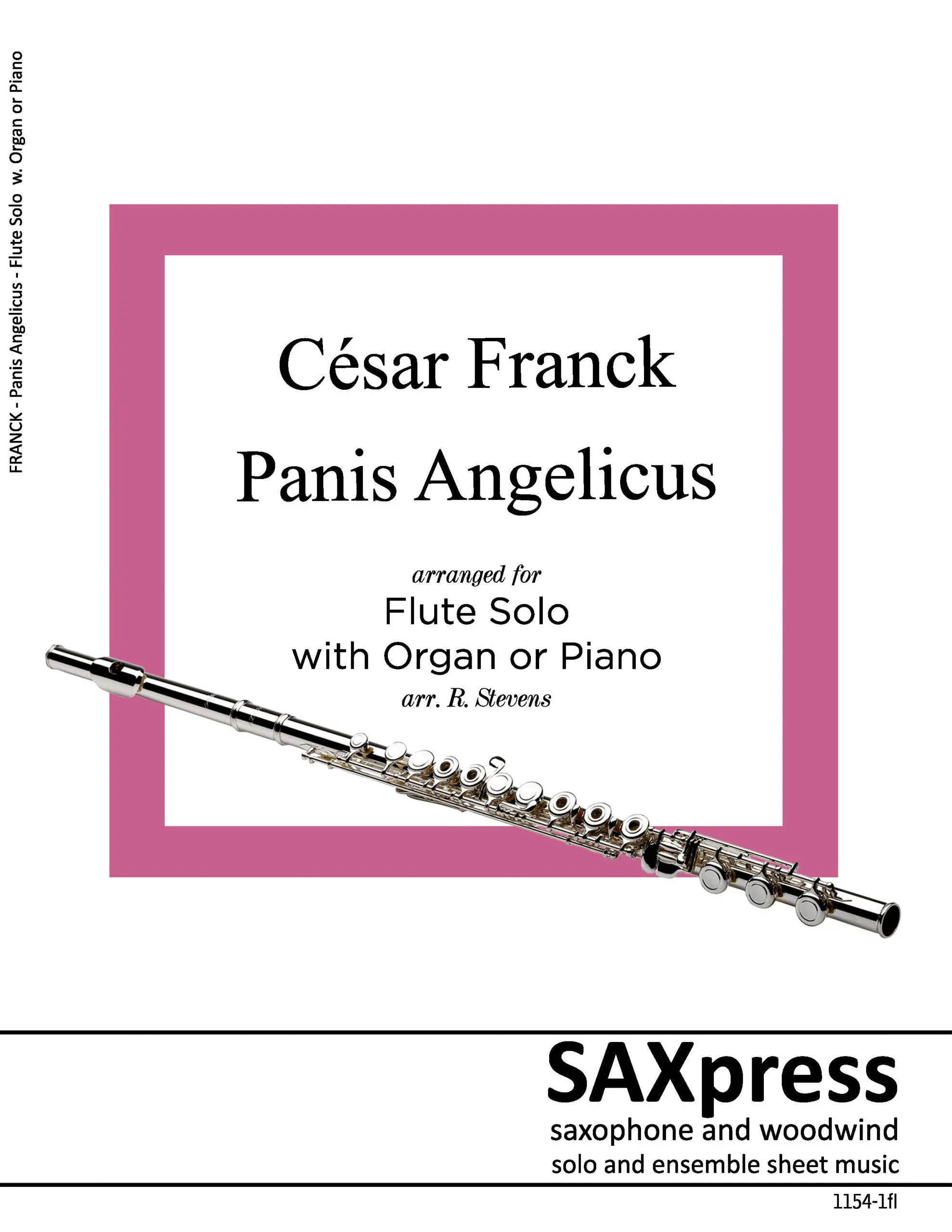
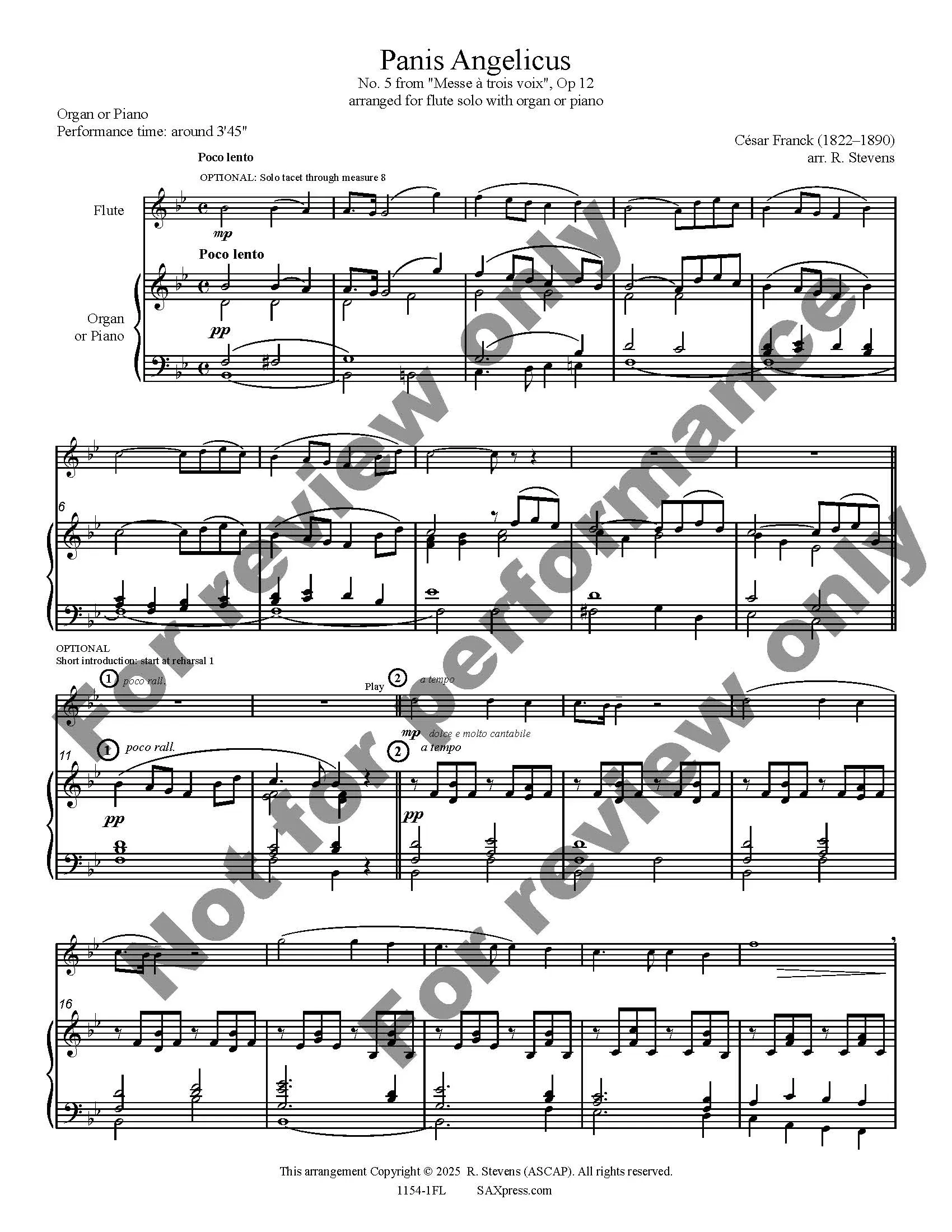
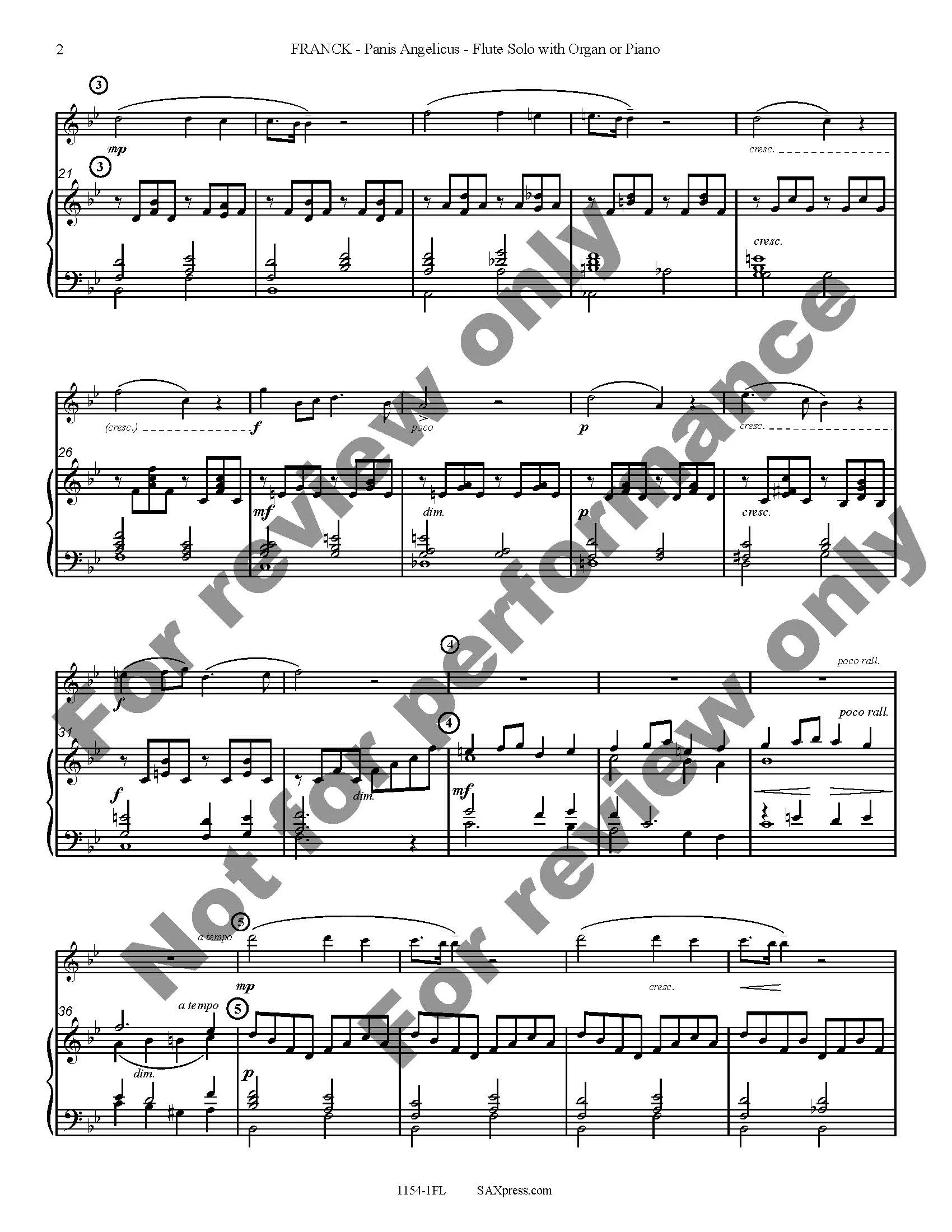
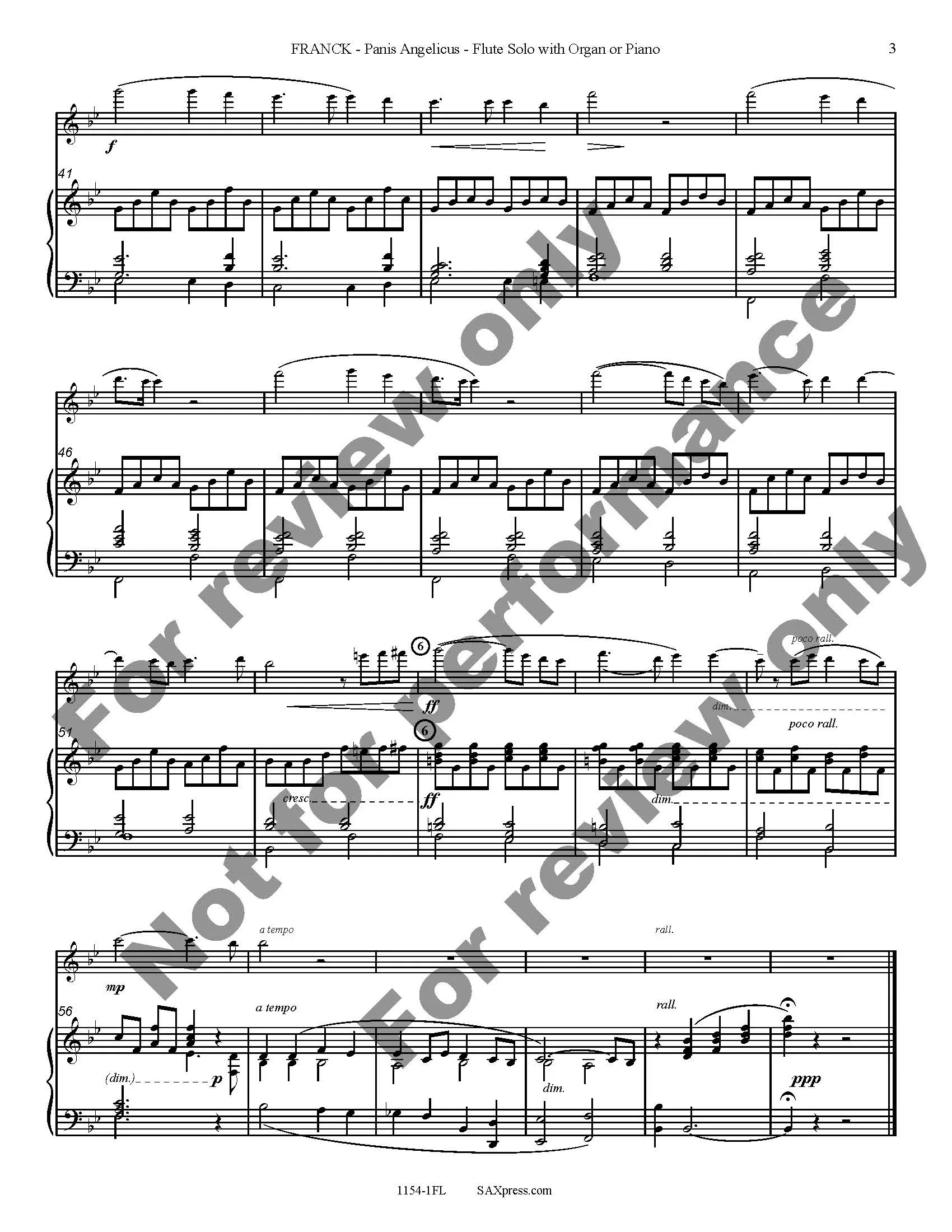
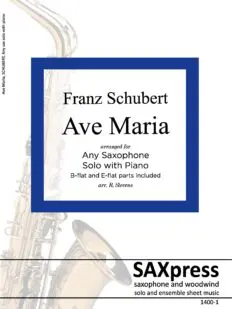
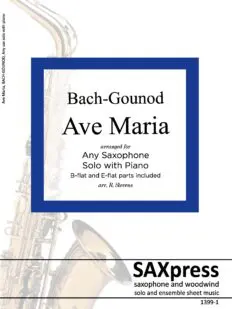
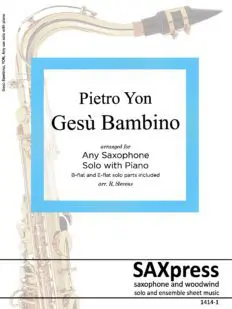
Reviews
There are no reviews yet.